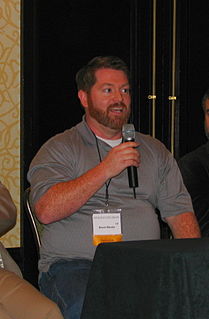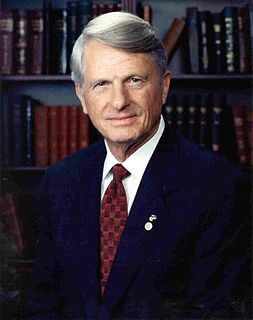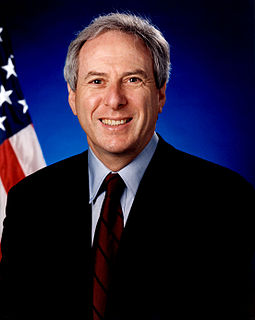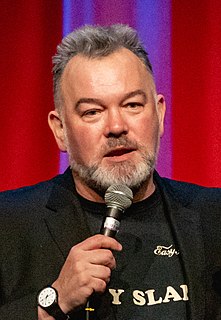A Quote by Brent Weeks
What people value in their books—and thus what they count as literature—really tells you more about them than it does about the book.
Related Quotes
The young adult literature is relatively new - it just kind of exploded in the 2000s. When I grew up, there weren't bookstores with sections dedicated to teen lit, nor was my generation raised reading books written specifically for us. Because of that, today we still think of books for teens as children's books and so when you write a book that includes sensitive topics, it just seems even more controversial. What's troubling to me about that is these are issues adults know that teens deal with. Not writing about them makes them something we don't, or can't talk about.
When I'm writing for a book, it's much more reflective process. I have certain things that may not translate well to the stage, but, when they're on the page, people can really get into them. My first two books were aiming to be funnier, but the third was more about deep exploration. Things about being a parent and growing older that I thought would be perfect for a book.
Books can be passed around. They can be shared. A lot of people like seeing them in their houses. They are memories. People who don't understand books don't understand this. They learn from TV shows about organizing that you should get rid of the books that you aren't reading, but everyone who loves books believes the opposite. People who love books keep them around, like photos, to remind them of a great experience and so they can revisit and say, "Wow, this is a really great book."
I would be wonderful with a 100-year moratorium on literature talk, if you shut down all literature departments, close the book reviews, ban the critics. The readers should be alone with the books, and if anyone dared to say anything about them, they would be shot or imprisoned right on the spot. Yes, shot. A 100-year moratorium on insufferable literary talk. You should let people fight with the books on their own and rediscover what they are and what they are not. Anything other than this talk.
I wish that the adults who are 'in power' cared more about what their children read. Books are incredibly powerful when we are young - the books I read as a child have stayed with me my entire life - and yet, the people who write about books, for the most part, completely ignore children's literature.
I'd quite like to write a book about comics, actually. But trying to write about comics as literature, which I don't think anyone's really done before. Sometimes they're more like fan books, and I'd quite like to write one about the Marvel universe over the last 50 years. It's an unprecedented achievement to create that length of continuity.
There are reviews that are clearly wrong. Dr. Johnson's famous Life of Savage, he's clearly wrong about the value of Savage. But it's one of the great works in English literature. You can learn more about the artistic expression and what the poet does and how to write about art from that than any number of guys who are terrible writers, who have no original ideas, but who say yes, "Hamlet" is a wonderful play. It's a meaningless statement.
The people who review my books, generally, are kind of youngish culture writers who aspire to write books. When someone writes a book review, they obviously already self-identify as a writer. I mean, they are. They're writers, they're critics, and they're writing about a book about a writer who's a critic. So I think it's really hard for people to distance themselves from what they're criticizing.


































